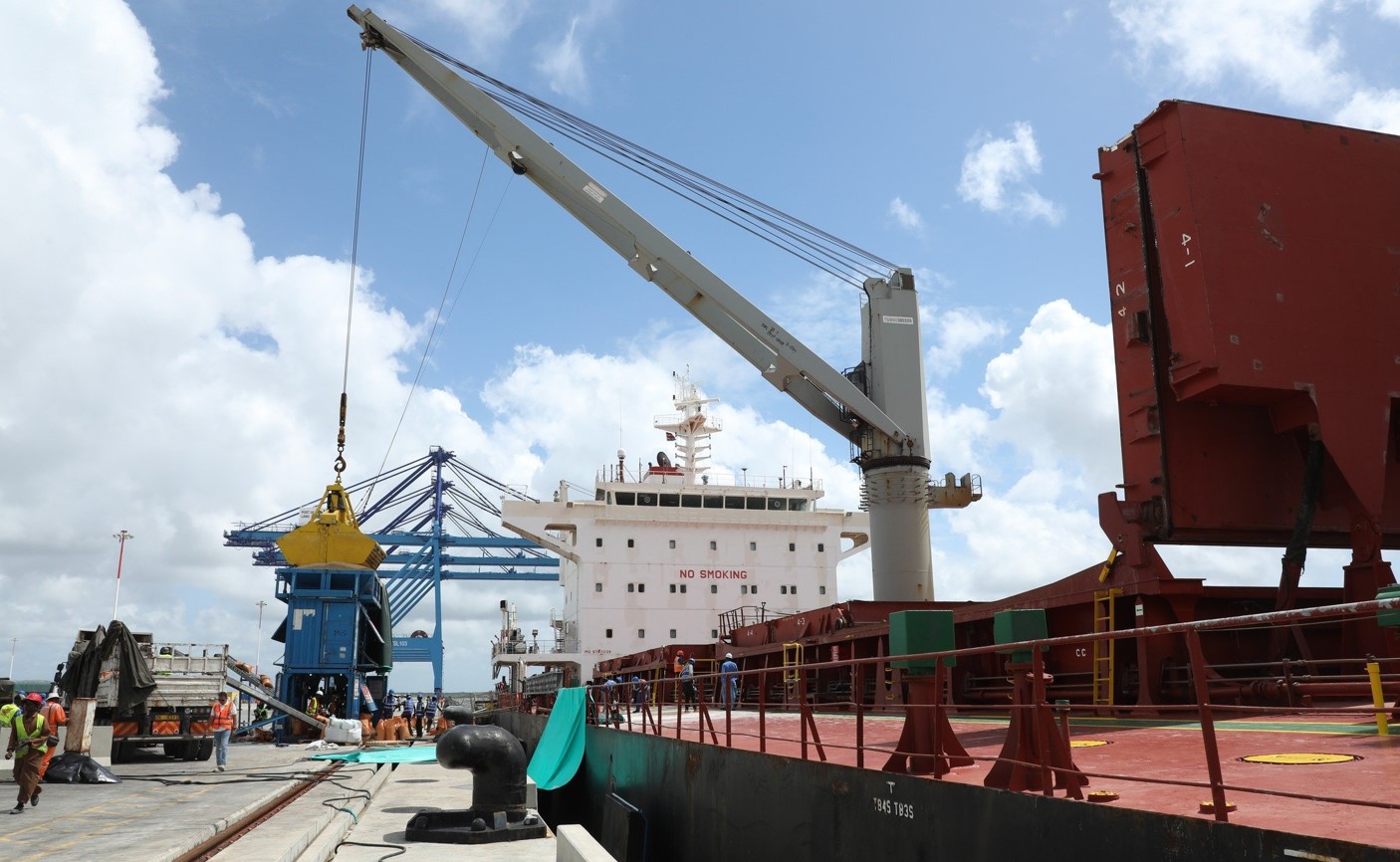New certificate of origin rule faces doubts over import undervaluation controls

Introduced through the Finance Act 2025, the directive redefines the term certificate of origin as an official document issued by a competent authority in the exporting country.
Kenya’s latest tax reform, which mandates all importers to present a certificate of origin for every shipment, is being met with scepticism.
This, as experts question whether it will truly tackle the longstanding issue of import undervaluation that costs the country billions in lost revenue each year.
More To Read
- Treasury reports Sh16.9 billion in excise duty waivers amid push for local manufacturing
- KRA: Importers must provide Certificate of Origin from October 1
- Kenya loses over Sh250 billion annually to illicit trade and counterfeits - report
- Kenya losing over Sh79 billion annually to undervalued imports, says NTA
- Stakeholders decry gaps in cancer care under Social Health Insurance
- Car importers urge KRA to drop new certificate of origin rule
A recent study by the National Taxpayers Association (NTA) revealed that Kenya loses at least Sh79 billion every year due to the undervaluation of imports.
The study highlighted that goods imported into the country are routinely undervalued, with declared figures falling below the actual export values reported by the originating countries.
The certificate of origin policy has been framed as a bold step toward curbing such and boosting customs revenue.
Introduced through the Finance Act 2025, the directive redefines the term certificate of origin as an official document issued by a competent authority in the exporting country.
It is now a legal requirement for importers to present this certificate before their goods can be cleared.
The Kenya Revenue Authority (KRA) is also barred from processing import documentation without it. Yet, experts caution that the rule’s effectiveness hinges entirely on how strictly it is enforced and whether it addresses more systemic challenges.
The experts argue that Kenyan importers and exporters have long been required to provide certificates of origin, particularly when seeking preferential tariff treatment under various trade agreements.
They note that the introduced amendment does not create an entirely new requirement but rather formalises and standardises what has been operational best practice.
“While this formalisation is a step in the right direction, it remains to be seen whether it will effectively address the persistent issue of undervaluation,” read the report.
“The mere presence of a certificate of origin does not necessarily guarantee accurate cargo valuation, as importers may still declare lower values despite presenting the correct origin documentation.”
It added that the deeper challenge lies in enforcing strict verification and ensuring that declared values truly reflect market realities.
Additionally, it said stakeholders' resistance to policy changes and technological adoption continues to pose a significant obstacle.
“If these underlying issues are not addressed, such as gaps in enforcement capacity, potential corruption, or lack of proper compliance incentives, the new requirement may, only, add another layer of bureaucracy without meaningfully improving revenue collection.”
While the law now formally requires all consignments to be accompanied by a certificate of origin issued by a competent authority, the office believes its real impact will hinge on strong implementation and consistent enforcement.
Top Stories Today













































